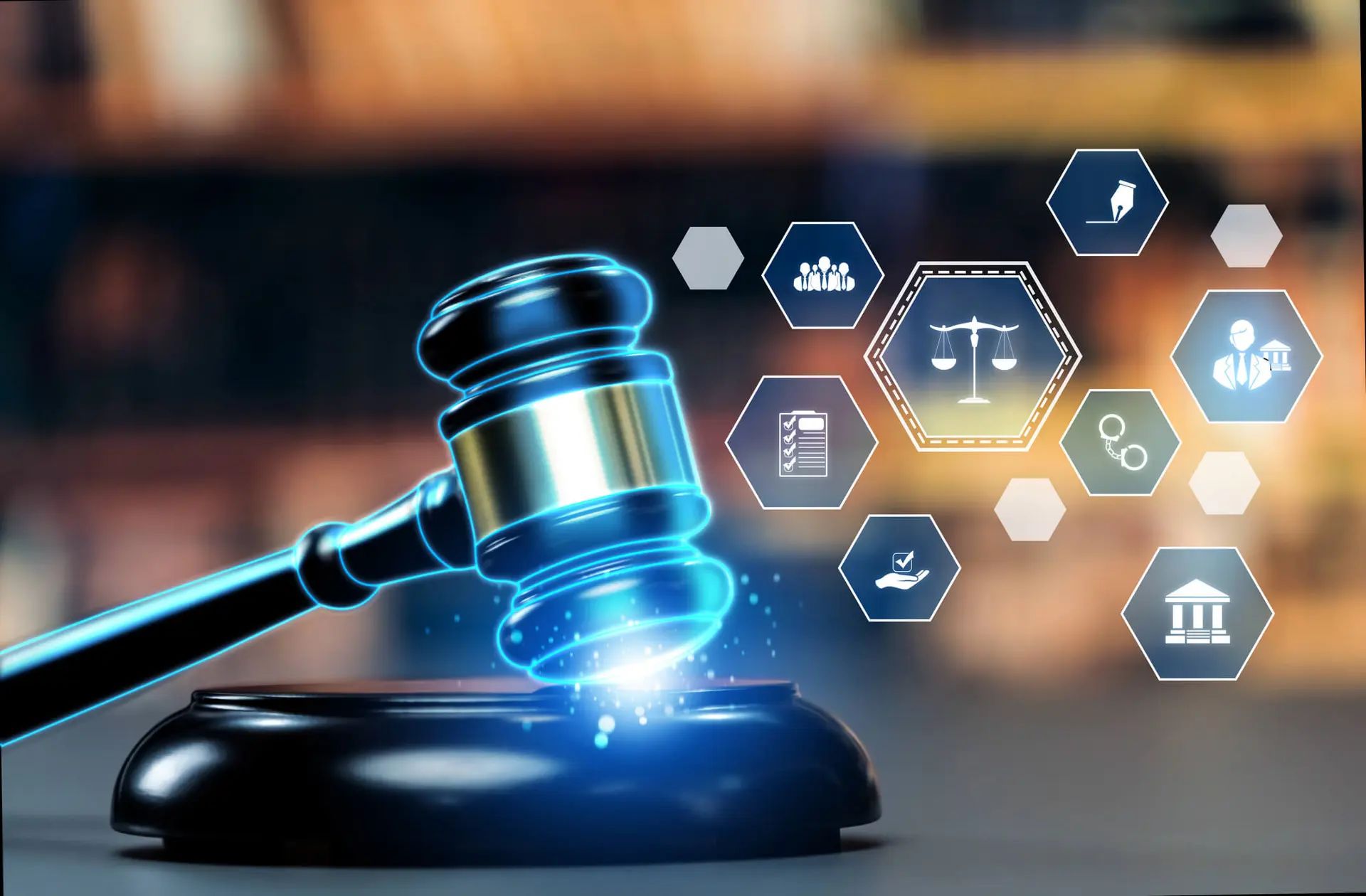How Technology is Reshaping
the UK Legal Industry

The Rise of Legal Technology
Technology is evolving every industry, and the legal sector is not an exception. A recent report from The Law Society highlights how technology and evolving client expectations are reshaping law firms and the way legal services are delivered. (The Law Society)
For you, aspiring lawyers, these changes signal two things; new opportunities and new skills that will be in demand in the years ahead.
Artificial intelligence (AI) is increasingly being adopted across UK law firms, particularly for tasks that once consumed countless billable hours. From contract analysis and drafting to e-discovery in litigation, AI tools are automating repetitive processes, reducing costs, and allowing lawyers to focus on higher-value advisory and strategic work.
This trend does not mean lawyers are being replaced by machines. Instead, it reflects a shift in how lawyers add value: the ability to interpret, strategise, and advise in ways that technology cannot replicate. Legal professionals who understand how to work with these tools are already ahead of the curve.
Moving Away from the Billable Hour
Another major shift is in pricing models. Traditionally, clients were billed by the hour for legal services. Today, many UK firms are adopting "fixed-fee" billing structures. This means clients are offered more predictable costs with a higher level of transparency behind the costs.
This is all thanks to a broader consumer-driven trend in professional services: clients want efficiency and certainty. For law firms, this means rethinking entire workflows, leveraging technology to cut costs, and focusing on delivering outcomes rather than just time spent.
Digitalisation of Legal Services
Beyond AI and billing changes, the UK legal sector is also embracing digitalisation at a structural level. Online dispute resolution platforms, digital case management systems, and client portals are now commonplace.
Virtual consultations and hearings, accelerated during the pandemic, continue to remain a standard feature of practice and may do so for the foreseeable future.
Why is this done you may ask? Well, it is to make legal services more accessible while also evolving its professionals to the more modern/tech-savvy ways of working. That's why strong digital literacy is no longer optional for lawyers, its necessary.
Preparing for the Future
For students aspiring to have careers in law or business, it's important to pay attention to these trends. It's not only because of the importance of building legal knowledge but also adaptability, tech awareness, and strong communication skills. The modern lawyer will need to balance both the legal traditions and 21st century innovation, while mastering legal principles in partnership with the digital tools that now shape practice.
Choosing the right educational pathway plays a vital role in this preparation. Institutions that embed both legal rigour and real-world skills—such as technology and industry exposure offer a strong foundation for thriving in 21st century law.


